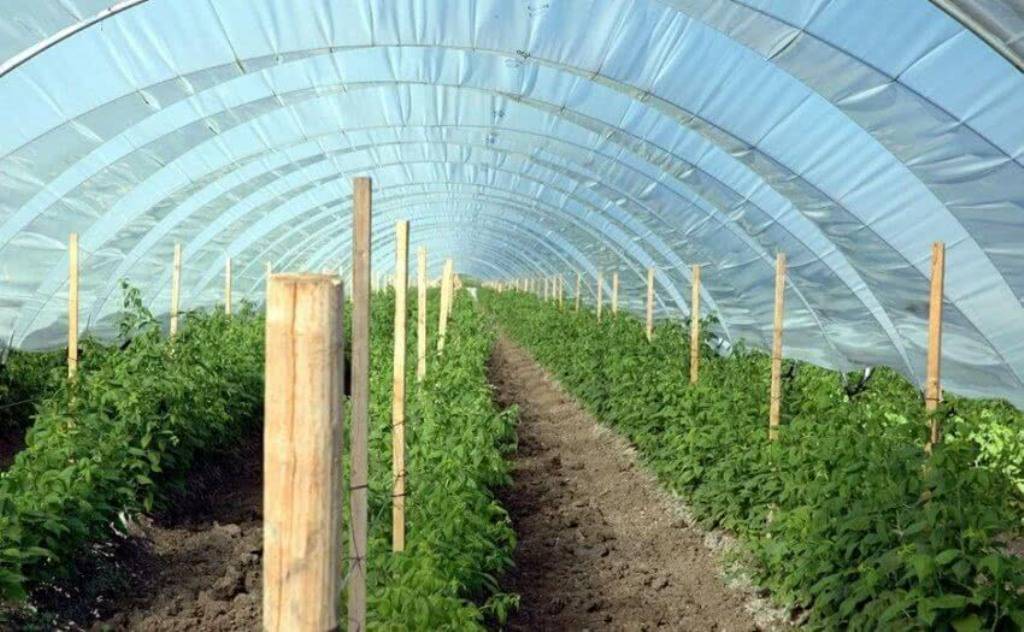Exploring the Advantages of Biofuels: 10 advantages of biofuels
Biofuels have emerged as a promising alternative to fossil fuels, offering numerous advantages in terms of environmental sustainability, energy security, and economic benefits. As someone deeply immersed in this field, let’s delve into ten key advantages of biofuels that highlight their significance and potential impact on our future.
1. Renewable Energy Source -10 advantages of biofuels
Biofuels are derived from renewable organic materials such as plants, algae, and organic waste. Unlike finite fossil fuels, which take millions of years to form, biofuels can be continuously produced through sustainable agricultural practices and waste management. This renewable nature reduces our dependence on fossil fuels and supports long-term energy security.
Example: Ethanol production from corn and sugarcane provides a renewable alternative to gasoline, reducing greenhouse gas emissions and promoting rural economic development.
2. Reduction of Greenhouse Gas Emissions -10 advantages of biofuels
One of the most significant advantages of biofuels is their potential to reduce greenhouse gas emissions compared to conventional fossil fuels. When biofuels are burned, they release carbon dioxide (CO2), but this CO2 is part of the natural carbon cycle, as plants absorb CO2 during growth. The net emissions of CO2 from biofuels are lower because they recycle carbon rather than introducing new carbon into the atmosphere, unlike fossil fuels which release carbon that has been sequestered underground for millions of years.
Example: Biodiesel produced from waste vegetable oils emits significantly less particulate matter and greenhouse gases than diesel derived from crude oil, contributing to cleaner air quality.
3. Energy Security and Independence -10 advantages of biofuels
Biofuels can enhance energy security by diversifying energy sources and reducing reliance on imported fossil fuels. Countries with abundant agricultural resources can produce biofuels domestically, reducing their vulnerability to geopolitical instability and fluctuating oil prices on the global market.
Is kenza layli real ? World’s First Miss AI | Maya (mayathevoice.com)
Example: Brazil has achieved energy independence in the transportation sector through widespread use of ethanol produced from sugarcane, reducing reliance on imported petroleum and stabilizing fuel prices domestically.
4. Economic Opportunities for Rural Communities
The production of biofuels often occurs in rural areas, providing economic opportunities for farmers, biofuel producers, and rural communities. Biofuel feedstocks such as corn, soybeans, and switchgrass can be grown locally, creating jobs and stimulating economic growth in agricultural regions.
Example: Bioethanol production in the Midwest United States has revitalized rural economies by providing additional income for farmers and supporting local ethanol plants that contribute to the local tax base.
5. Biodegradability and Environmental Sustainability
Biofuels are biodegradable and less toxic than conventional fossil fuels, reducing environmental pollution and contamination of soil and water resources. Spills or leaks of biofuels are less harmful to the environment and easier to clean up compared to petroleum-based fuels.
Example: Biodiesel blends in marine applications reduce the risk of oil spills and improve aquatic ecosystems’ health by promoting cleaner burning and lower emissions.
6. Technological Advancements and Innovation
The development of biofuels has spurred technological advancements in agriculture, biotechnology, and renewable energy sectors. Research and innovation continue to improve biofuel production processes, increase efficiency, and lower production costs, making biofuels more competitive in the global energy market.
Example: Advanced biofuel technologies such as algae-based biofuels are being researched for their potential to produce high yields of renewable fuels using minimal land resources and water.
7. Air Quality Improvement
Biofuels have the potential to improve urban air quality by reducing emissions of particulate matter, nitrogen oxides (NOx), and sulfur dioxide (SO2) compared to conventional fossil fuels. Cleaner-burning biofuels contribute to reduced smog formation and respiratory health benefits for populations in urban areas.
Example: The use of bioethanol blends in gasoline reduces the emission of volatile organic compounds (VOCs), which are precursors to ground-level ozone and smog formation in cities.
8. Carbon Neutrality and Climate Resilience
Certain biofuels, such as those produced from algae or waste biomass, have the potential to achieve carbon neutrality or even negative carbon emissions when considering their entire lifecycle. These biofuels can sequester carbon dioxide during growth and production, offsetting emissions from their combustion.
Example: Sustainable aviation biofuels made from algae can potentially reduce carbon dioxide emissions from air travel, contributing to global efforts to mitigate climate change and enhance climate resilience.
9. Flexibility in Fuel Blending -10 advantages of biofuels
Biofuels can be blended with conventional fossil fuels in existing infrastructure without significant modifications, offering a flexible transition towards greener energy sources. Biofuel blends such as E10 (10% ethanol and 90% gasoline) and B20 (20% biodiesel and 80% diesel) are compatible with current vehicle engines and fuel distribution systems.
Example: Many gas stations offer ethanol-blended gasoline as a standard fuel option, providing consumers with a choice to reduce their carbon footprint without requiring modifications to their vehicles.
10. Long-Term Sustainability and Environmental Conservation
Investments in biofuel research and development support long-term sustainability goals by promoting biodiversity, preserving natural habitats, and reducing deforestation associated with land-use change for energy production. Sustainable biofuel production practices prioritize environmental conservation and ecosystem protection.
Example: The cultivation of perennial biofuel crops like switchgrass and miscanthus can improve soil health, enhance carbon sequestration, and reduce erosion, contributing to sustainable land management practices.
Embracing Biofuels for a Sustainable Future
As we explore these ten advantages of biofuels, it becomes evident that biofuels offer a viable pathway towards a sustainable energy future. Their environmental benefits, economic opportunities, and technological advancements underscore their potential to mitigate climate change, enhance energy security, and foster economic growth. Continued investment in research, policy support, and infrastructure development will be essential to maximizing the benefits of biofuels and accelerating their adoption on a global scale. By embracing biofuels, we can pave the way for a cleaner, greener, and more resilient energy landscape for generations to come.





Usually I do not read article on blogs however I would like to say that this writeup very compelled me to take a look at and do so Your writing taste has been amazed me Thanks quite nice post